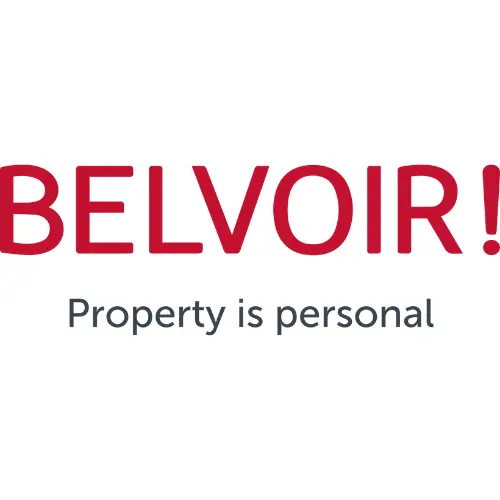On first hearing the phrase ‘carrying out due diligence’, it may sound like legal jargon best left to your solicitor.
However, it is simply business shorthand for ‘gathering and checking information’
A period of due diligence is the time when a prospective buyer can investigate and evaluate any facet of the business. As the buyer, you have the right to look at the records, assets and operations of a business before you sign on the dotted line.
It’s handy to employ both an accountant and a lawyer to help you with the process.
So what should you be looking at when you’re conducting due diligence?
To start with, get in touch with Companies House, where all limited companies in the UK must register. It holds information on over two million firms in the UK and you can access a business’s latest accounts, annual returns and company reports.
Also, you should examine the following areas while conducting due diligence and dig as deeply as you can.
The financial operations of the business will be of crucial importance. Study the company’s books and records and its accounting and bookkeeping methods. Look at the cash flow of the company and of some of its existing franchisees, both past and projected. It will also be useful to look at how relationships have been cultivated with banks and lenders along with the debt of the business, this is to ensure that the company is strong enough for you to invest your hard earned money into and that it is not about to go into any problems themselves.
Consider the services and products the business offers, and the pricing in comparison to the industry standard and competitors.
When buying a franchise, the franchise manager who you have been dealing with will more than likely have a vested interest in getting you to sign, so a period of reflection and investigation is crucial.
Internet Research
Start on the internet with some research. Look for any article on the franchisor that you can. Also, examine the industry and ensure that you know as much about it as possible. Begin to look at the competition and pick out strategies and trends in the industry.
Finally, it’s always worth meeting up with an established franchisor to gain knowledge.
The lengths you go to when conducting due diligence are based on many factors, including the size of the transaction, time constraints, cost and availability of resources. Of course it is impossible to know every last detail about a business, but it’s crucial that you learn enough to make good, informed business decisions, without overdoing the process. You don’t want to end up with ‘analysis paralysis’, having over-analysed the business during the due diligence period.
In short, conducting adequate due diligence will protect you from a range of problems.
The Find My Franchise checklist for due diligence:
1. Financial Due Diligence
a. Check companies house for most up to date accounts and to see whether they are filing their returns on time
b. Ask to see most recent copy of their accounts and any budgets they had to compare.
c. What are the financial trends of the business, is it increasing its market share or revenue on a annual basis or is it being affected by the economy
d. Ask the franchisor to provide you with projected profit and loss accounts for a typical store or business you will be investing in, and ask a accountant to check these figures against actual results from other franchisees
2. Industry Due Diligence
a. Is there a need for the product or service in your desired area
b. Is there room for any further competition
c. What is your current competition
d. Are you opening your business in the right catchment area
e. Is the consumer demographic right for your product
3. Franchisor Due Diligence
a. Ask to speak to as many other franchisees as possible and ask them as many questions as possible, on the financial aspects are they doing as well as they expected, are the figures given to them by the franchisor accurate, how has the franchisor been in terms of training and support, what hours are they working. Most franchisors should have no problem in letting you talk to their franchisees as long as you inform them before and gain permission as else it may infringe upon the NDA you may have signed earlier in talks.
b. See if you can analyze accounts of franchisees, again this information should be available on Companies’ House.
4. Franchise Agreement & Legal Due Diligence
a. Ensure you have appointed a solicitor familiar with franchise law
b. Ask as many questions as possible
c. Ensure you are happy with the agreement
d. Make sure that it is not just one sided and that it covers all aspects you are concerned with
5. Long term due Diligence
a. See how you can exit the business if and when the time is ready for you to move on, can you sell the business, assign the business and what fees would be involved in doing this.
b. What are the renewal options of the franchise







